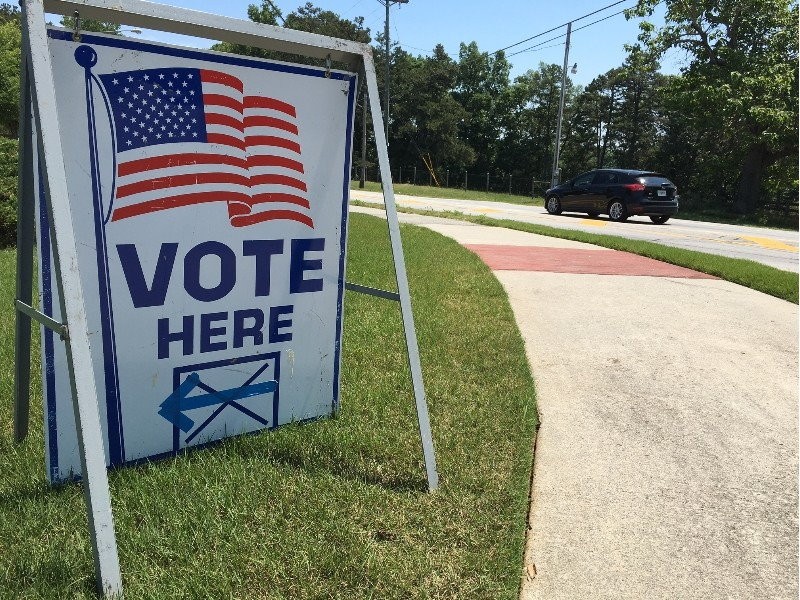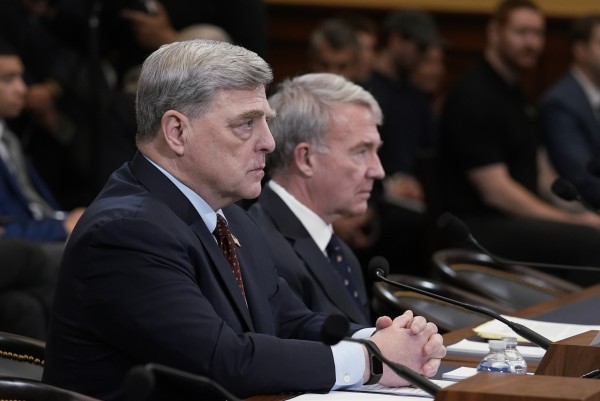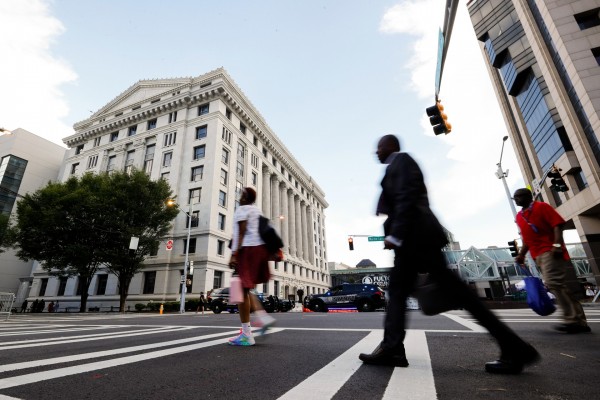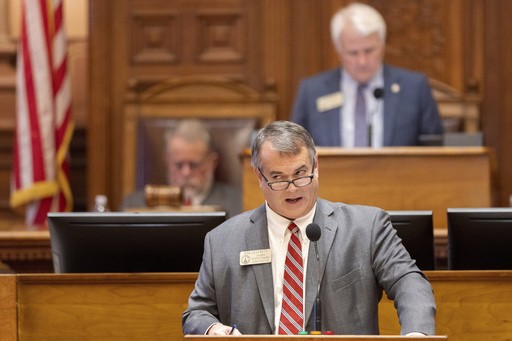ATLANTA (AP) — A conservative group did not violate the Voting Rights Act when it announced it was challenging the eligibility of more than 360,000 Georgia voters just before a 2021 runoff election for two pivotal U.S. Senate seats, a judge ruled Tuesday. But he expressed concerns about the group's methods.
U.S. District Judge Steve Jones issued a 145-page decision in favor of Texas-based nonprofit True the Vote. Fair Fight, a group founded by former Democratic Georgia gubernatorial candidate Stacey Abrams, had sued True the Vote and several individuals, alleging that their actions violated a section of the 1965 Voting Rights Act that prohibits voter intimidation.
The evidence presented at trial did not show that the actions of True the Vote “caused (or attempted to cause) any voter to be intimidated, coerced, or threatened in voting,” Jones concluded. But he wrote that the list of voters to be challenged compiled by the group “utterly lacked reliability” and “verges on recklessness.”
“The Court has heard no testimony and seen no evidence of any significant quality control efforts, or any expertise guiding the data process,” he wrote.
In the weeks after the November 2020 general election, then-President Donald Trump and his supporters were promoting false claims of widespread voter fraud that had cost him the election. In Georgia, two U.S. Senate races that would ultimately decide control of the Senate were headed for an early January runoff election.
True the Vote, which had aligned itself with Trump’s campaign and its multistate legal effort to overturn the general election results, announced the voter challenges just after early in-person voting began for that runoff. The group said it had good reason to believe the voters no longer lived in the districts where they were registered and were ineligible to vote there.
Georgia election officials rejected only a few dozen ballots cast in the runoff, The Atlanta Journal-Constitution reported. The two Democratic challengers went on to beat the Republican incumbents by ten of thousands of votes, securing control of the Senate for their party.
Jones wrote that to succeed in proving a violation of the Voting Rights Act, Fair Fight and the individual voters who sued along with it would have had to show that True the Vote's actions caused or could have caused someone to be “intimidated, threatened, or coerced" from voting or trying to vote.
Fair Fight's arguments “suggest that any mass challenge of voters near an election (especially if negligently or recklessly made) constitutes intimidation or an attempt to intimidate," Jones wrote, adding that he disagreed. He noted that county election boards ultimately decide whether someone is eligible once a challenge is filed.
“In making this conclusion, the Court, in no way, is condoning TTV’s actions in facilitating a mass number of seemingly frivolous challenges,” Jones wrote in a footnote. “The Court, however, cannot under the operative legal framework say that these actions were contrary to Georgia law (which is unchallenged by Plaintiffs).”
True the Vote President Catherine Engelbrecht celebrated the ruling, saying in an emailed statement that it “sends a clear message to those who would attempt to control the course of our nation through lawfare and intimidation.”
Fair Fight Executive Director Cianti Stewart-Reid expressed disappointment, citing testimony by Georgia voters who said they felt burdened by True the Vote's activities. But she said the ruling “does not diminish the significance and lasting impact of their commitment to voting rights in the face of intimidation, which, through this case, is now part of the official record.”


















